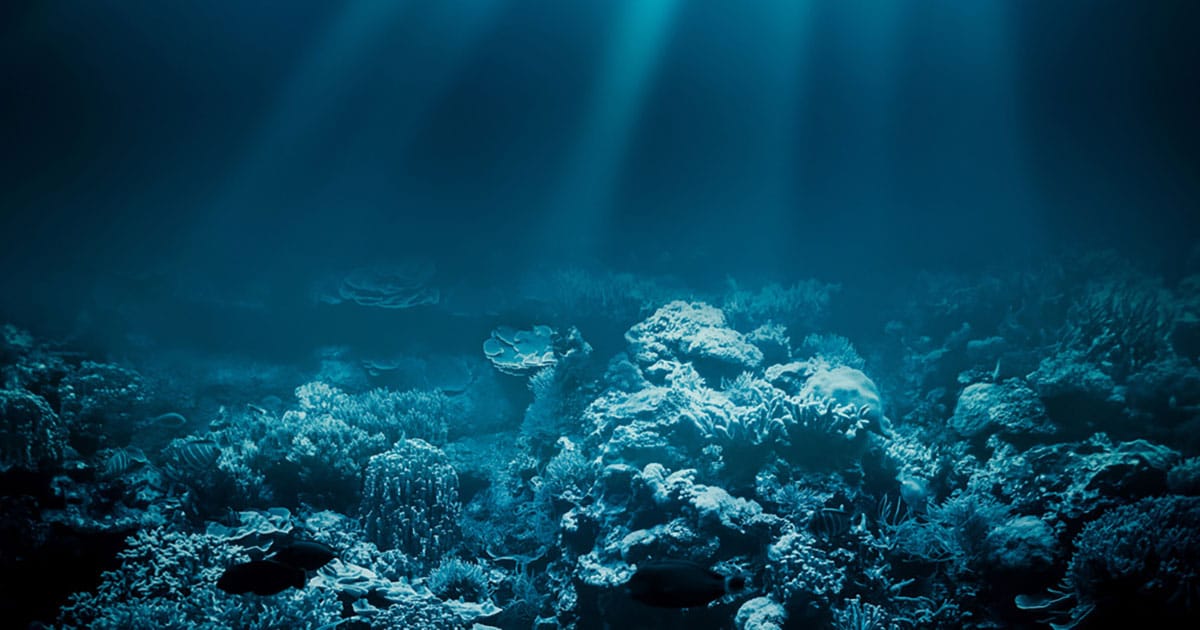 DeepGreen recently engaged Macquarie Capital and Fearnley Securities to co-lead a USD $150m investment round in order to finance the company through feasibility studies, targeted for completion in 2023. Allseas comes in as a lead strategic investor, which will ultimately enable DeepGreen to develop a state-of-the-art polymetallic nodule harvester and riser system to gather nodules from the seafloor of the Clarion Clipperton Zone (CCZ) in the Pacific, and transport them up to a surface vessel some 4 to 6.5 kilometers above.
DeepGreen recently engaged Macquarie Capital and Fearnley Securities to co-lead a USD $150m investment round in order to finance the company through feasibility studies, targeted for completion in 2023. Allseas comes in as a lead strategic investor, which will ultimately enable DeepGreen to develop a state-of-the-art polymetallic nodule harvester and riser system to gather nodules from the seafloor of the Clarion Clipperton Zone (CCZ) in the Pacific, and transport them up to a surface vessel some 4 to 6.5 kilometers above.
“Our partnership with Allseas will ultimately help us open up a new, disruptive source of battery metals for the green revolution and transform the mining industry as we know it,” said DeepGreen’s Chairman and CEO, Gerard Barron. “This new industry needs world-class, innovative companies that bring expertise from other industries to help us get things moving. Allseas is one of the most highly regarded offshore engineering companies on the planet, and we are proud to have them alongside us to develop our pilot mining system, and ultimately our offshore production system. Allseas is a company founded and owned by a creative engineer, and today employs 600+ full time engineers with more than 200 engineers working in the innovation and R&D function. It’s not surprising that they have many world firsts to their name. It was important to us to find a partner who can bring not just strong offshore engineering expertise but also a strong 24-7 production mindset in the deep-sea environment—something Allseas has done for decades in their pipelaying business and recently to great effect in the offshore heavy lift industry.”
“Extracting battery metals like nickel and cobalt from terrestrial mines is facing many challenges, and the environmental, CO2 and social costs are simply too high. Seafloor polymetallic nodules contain more than enough base metals that the world needs to get to a clean energy economy, and they require no blasting, drilling or digging. Indeed, our life cycle sustainability analysis shows that, with regards to NMC batteries with copper connectors for electric vehicles, ocean nodules generate at least 75% less CO2 when compared to producing these metals from land ores.”
“Together with Allseas, we’ll engineer a deep ocean nodule harvesting system that will have minimal impact to the deep sea environment, enabling us to bring what we call clean metals to market in order to power some of the one billion electric vehicles that are forecast to be produced over the coming three decades.”
Edward Heerema, Founder and President of Allseas, said:
“We are very pleased to be partnering with DeepGreen and supporting their vision to responsibly collect battery metals from the ocean floor. For more than 30 years our company has been an innovator in the offshore oil and gas industry, and we are now excited to find a new industry to leverage our experience, expertise and maybe some of our operational assets. We looked at several entry points to this industry, and decided that the DeepGreen team and their strategy was one we were comfortable with, and in our opinion had the best chances of succeeding.”
Allseas, a Swiss-based company founded in 1985, is a leading player in the global offshore industry well known for having built the largest construction ship in the world, the Pioneering Spirit, at 472M long. The company excels at projects that reduce cost and risk in the offshore industry and they will apply this expertise to develop deep sea polymetallic nodule collection technologies as one of their core future growth areas. Respect for the environment and conducting their operations in a responsible and sustainable manner, are core principles of Allseas.
Operational activities will occur in international waters and are to be governed by the first-of-its-kind regulatory framework currently being developed through the UN International Seabed Authority (ISA). As such, the minerals in the CCZ are the ‘common heritage of mankind’, and the mandate of the ISA is to regulate mining activities on the deep sea bed while ensuring the protection of the ocean environment and the participation of developing nations.
